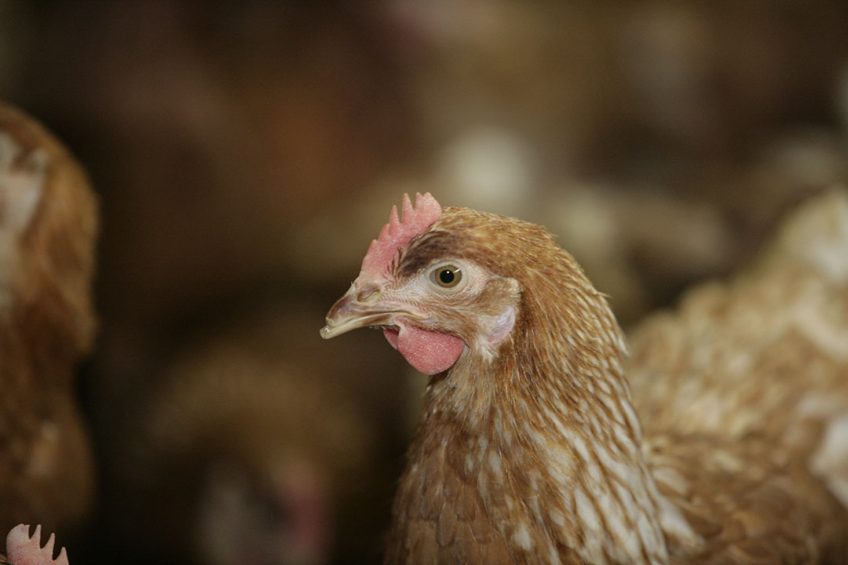Bill Gates poultry drive making waves across the globe

Moves by Microsoft co-founder and philanthropist Bill Gates to end poverty through the provision of poultry around the globe has sparked controversy in Pakistan in recent days.
Pakistan’s Prime Minister and former global cricketing superstar Imran Khan has come under fire when he presented a “chicken formula” for poverty alleviation, defending it by bringing in Mr Gates in his support.
Imran Khan has said he will give eggs and chickens to rural women so they can start their own poultry business. He said the project had been tested and the government will also ensure to provide injections to them for raising the birds faster.
“This way, they will have nutrient food for eating and more chicken and eggs to sell,” he added.
But opposition political leaders have criticised and mocked the Prime Minister for downplaying Pakistan’s burgeoning technological economy.
Two years ago Mr Gates outlined the benefits flocks of poultry can have on impoverished families, citing four key reasons:
• Chickens are easy and inexpensive to take care of
• They’re a good investment
• They help keep children healthy
• They empower women
Mr Gates’s original project was with US-based livestock charity Heifer International but over the past two years he has continued to fund a range of poultry related projects in the developing world.
The most recent, which was announced this week, provides researchers with $600,000 to study poultry-carried pathogens and prevention strategies in Mozambique.
The researchers from the Emory Rollins School of Public Health have received a three-year grant from the Bill and Melinda Gates Foundation for a project entitled “Chicken Exposure and Enteric Pathogens in Children Exposed through Environmental Pathways”.
The study aims to identify key points of exposure to poultry-associated pathogens, such as those carried by animal faeces and develop potential intervention strategies to limit future exposure.
While the link between animal faeces and human health has not been well quantified, it is likely to be substantial, and low-income countries tend to have high rates of both poultry production (both domestic and industrial) and diarrheal diseases.
Karen Levy, project co-leader, said researchers would look at the food production system, from egg importation to chicken waste and carcase disposal, and identify areas where risks to children are highest.
“Together, campylobacter and non-typhoidal salmonella are estimated to cause more than 100,000 deaths annually, and are responsible for about 14% of deaths due to diarrhoea worldwide, most of which occur in children.
“Finding new ways to limit these infections by improving food safety in low-income settings could help make a dent to improve child health globally,” she said.
Join 31,000+ subscribers
Subscribe to our newsletter to stay updated about all the need-to-know content in the poultry sector, three times a week. Beheer
Beheer











 WP Admin
WP Admin  Bewerk bericht
Bewerk bericht